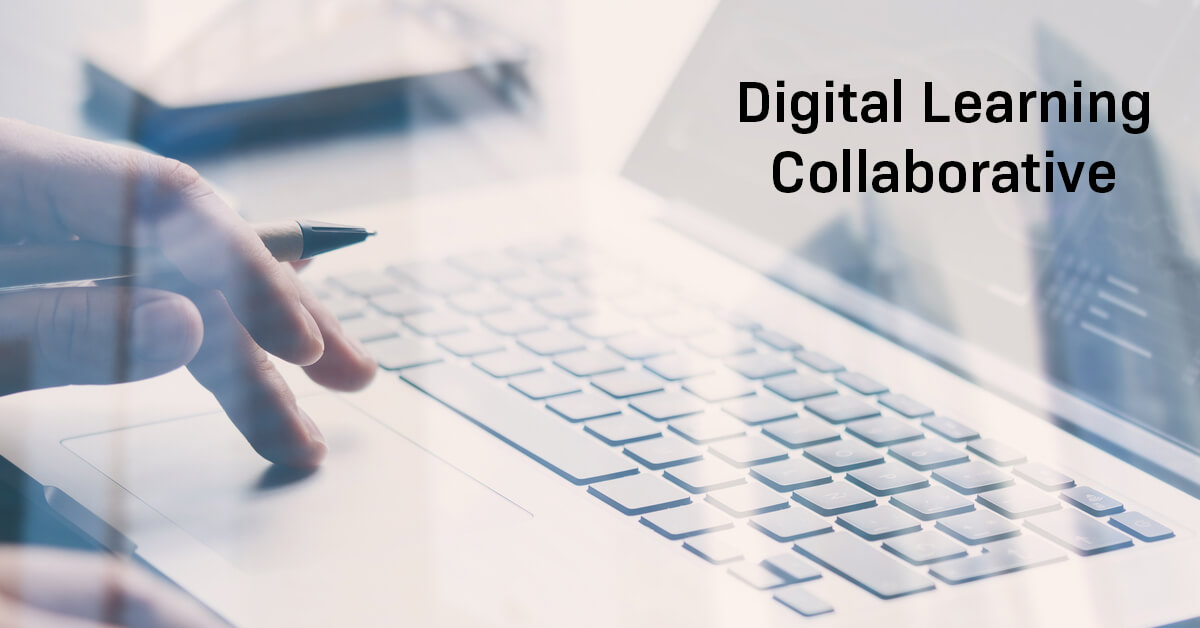The past 15 months may have created an inflection point for digital learning for two related reasons. The first reason is the huge growth in awareness of online and hybrid learning created by the pandemic, which required essentially all schools to shift to remote learning. Even as we identify a distinction between true online/digital learning and remote emergency instruction, it is undeniably the case that tens of millions of teachers, students, and families now have far greater experience with online tools and resources than they did 15 months ago. Some of these experiences have been negative, but others have been positive. Even if, hypothetically, only a quarter of experiences were positive, that would still represent roughly a 10-fold increase in the number of students who have had a good experience with digital learning.
Tied to this first point, online schools and course providers have experienced huge enrollment increases. Therefore, the increase in exposure to online learning is not just due to students experiencing some version of emergency remote learning. Our preliminary research for the 2021 Digital Learning Snapshot suggests that the number of students enrolled in online schools or fully online courses has increased substantially, often by…



